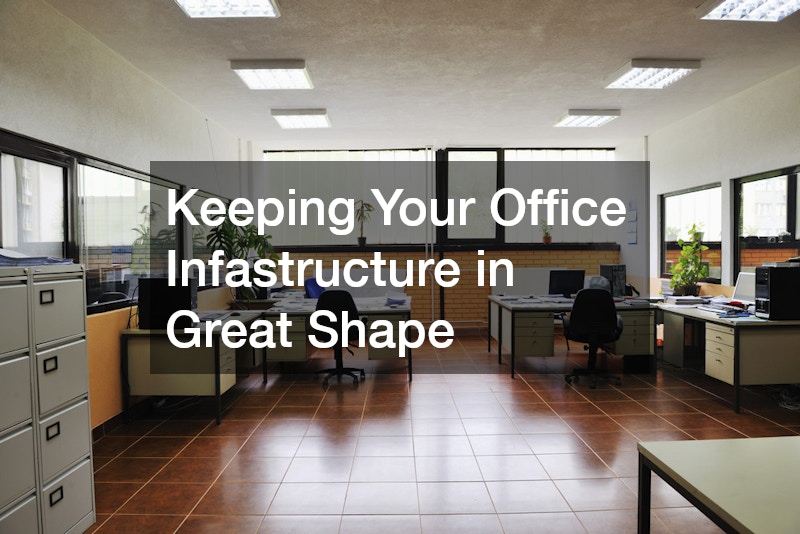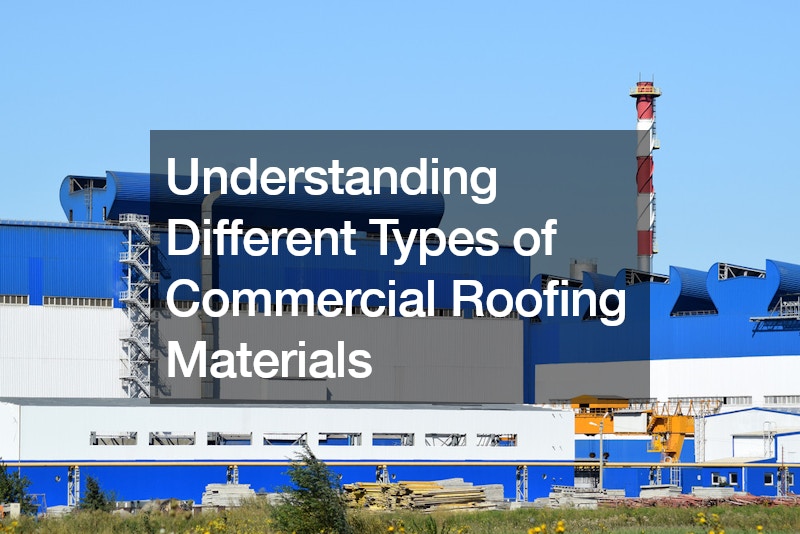A commercial roof is a significant investment, protecting your business assets and ensuring a comfortable work environment. Choosing the right commercial roofing material is crucial for durability, energy efficiency, and overall building performance. Here’s a breakdown of some popular commercial roofing options to help you make an informed decision:
Metal Roofing Systems: Renowned for their exceptional durability (lasting up to 60 years), metal roofing is a top choice for many commercial buildings. Common materials include aluminum, zinc, copper, steel, and even stainless steel.
Metal roofs boast superior fire resistance, strength, and sustainability. Their sleek aesthetics enhance curb appeal, and modern technologies offer protective coatings to minimize corrosion concerns.
PVC or TPO Roof Membranes: Polyvinyl Chloride (PVC) and Thermoplastic Polyolefin (TPO) membranes are popular choices for flat or low-slope commercial roofs. These single-ply systems resist harsh weather conditions, UV rays, chemicals, and bacterial growth. They’re lightweight, heat-reflective, and puncture-resistant, making them a practical and energy-efficient option. Additionally, PVC and TPO roofs offer strong fire resistance, tolerate high winds and temperatures well, and feature strong seams for a reliable seal.
Shingle Roofing Systems: While typically associated with residential roofing, shingles can also be suitable for certain commercial properties, particularly those with sloped roofs. Asphalt shingles are the most common and affordable option, but other materials include architectural shingles, ceramic or slate tiles, and even plastic variations. Shingle roofs are known for their versatility and ease of installation. However, their lifespan may not be as long as other commercial roofing materials.
Spray-on Roofing (SPF): For an eco-friendly and energy-efficient approach, consider spray-on roofing, also known as SPF (Single-Ply Fluid Applied). This liquid material is applied directly to the roof surface, expanding into insulating foam and hardening into a seamless layer. SPF roofing can be applied over existing roofs, making it a good option for renovations. Professionally installed SPF roofs offer excellent waterproofing and insulation, potentially lasting up to 50 years in various climates. Installation requires favorable weather conditions to ensure optimal performance.
Cool Roofs: Conserving energy and reducing cooling costs is a growing priority for commercial buildings. Cool roofs incorporate materials or reflective coatings that effectively repel heat and sunlight. This translates to cooler interior temperatures, reduced strain on HVAC systems, and lower energy consumption. Various roofing materials can be inherently cool, or existing roofs can be transformed by adding a reflective coating like acrylic or silicone. Acrylic coatings offer UV protection and hail resistance, while silicone excels in wet environments because it can handle pooling water.
Choosing the right commercial roofing material depends on several factors, including your budget, roof pitch, desired lifespan, and energy-saving goals. Consulting with a qualified commercial roofing contractor is essential to assess your needs and recommend the most suitable option. They can also provide information on installation, maintenance requirements, and warranty coverage for each roofing system. By understanding the different types of commercial roofing materials and their unique advantages, you can make an informed decision that protects your investment and contributes to the overall success of your business.
.






